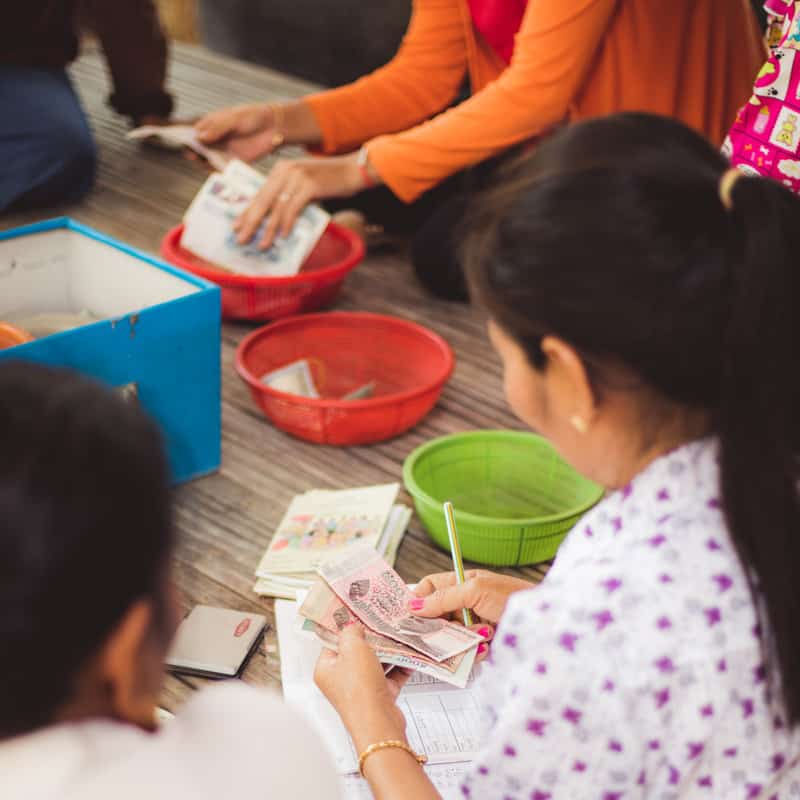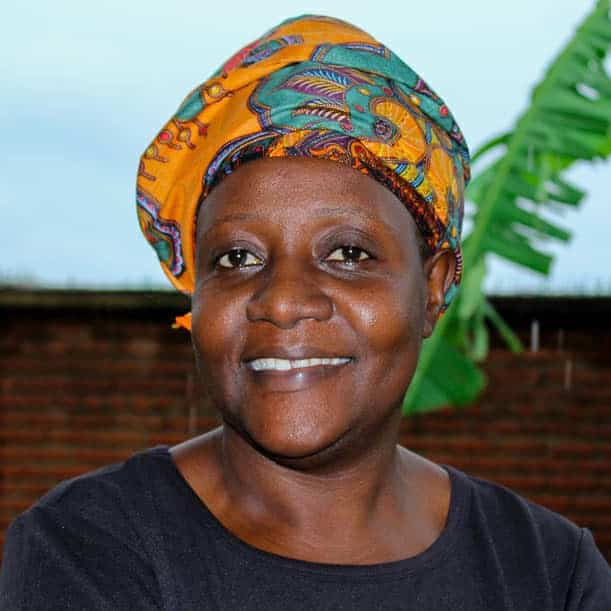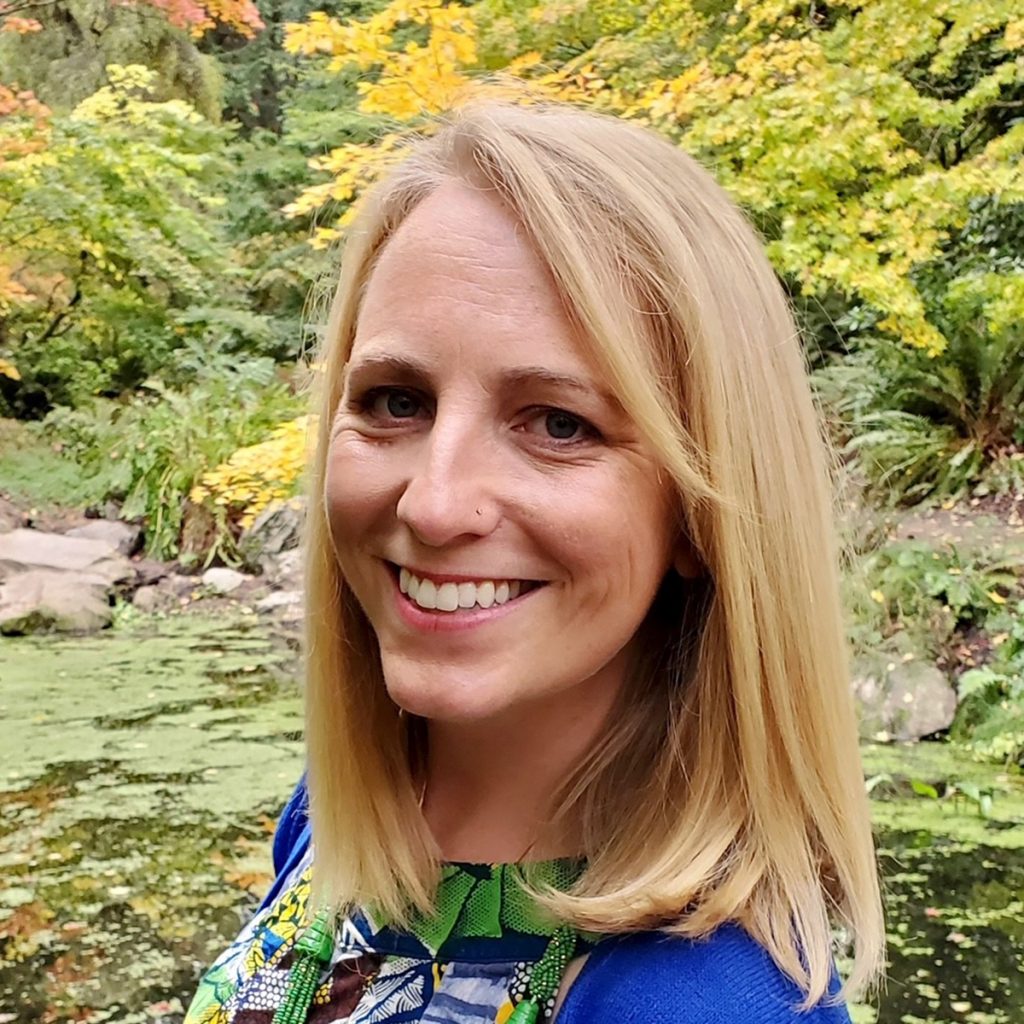“The impacts of crises are never gender-neutral, and COVID-19 is no exception.”
– UN Women
A Pre-Pandemic Issue
While the pandemic has touched nearly every corner of the globe, the devastating impacts of COVID-19 on women and children cannot be overstated.
Before the pandemic, women already earned less, had access to fewer social protections and made up most single-parent households. The direct and indirect impacts of COVID-19 have only exacerbated all of these issues — livelihood, access to good healthcare and education and community support in parenting.
Women have disproportionately suffered the socio-economic impacts of COVID-19 as a result of job losses, reduced hours, increased pressures of care and domestic work, and strains on both physical and mental health.
Twenty-nine percent of mothers living with children lost their jobs compared to 20 percent of men living with children. In the area of physical and mental health, women are more likely to report strained health with 71 percent of women aged 18–24 compared to 59 percent of young men.
Likewise, the majority of primary caregivers both in the home and within our communities are women, which has put them at greater risk of COVID infection and/or disruption of livelihood.
Violence Against Women Has Increased
Prior to the pandemic, steadier streams of income and freedom to leave home may have decreased domestic violence, but the results of economic tension and poor mental health during this pandemic have led to devastating consequences for women and children who live in constant close contact with violent partners and caregivers.
Gender-based violence, sometimes referred to as violence against women or intimate-partner violence, has been a global issue for centuries. Even before the pandemic, the UN reported that 35% of women around the world have experienced physical or sexual violence — that’s 1 in 3 women! These are women here in the U.S. and women in the countries where we work overseas.
Early on in the pandemic, it became clear that sexual and gender-based violence was increasing due to COVID-19 — a shadow pandemic was emerging.
Emerging data and reports from those on the front lines have shown that all types of violence against women and girls, particularly domestic violence, have intensified since the pandemic began. Domestic violence helplines and shelters began reporting a spike in calls for help just months into the pandemic. This spike has continued to rise.
What’s more, child marriages are increasing after years of decline, with a projected 10 million additional girls at risk due to COVID-19 over the next decade. The reasons for this are many, including the fact that families need the extra money; having one less child in the house is one less person to feed. UNESCO has even reported that 11 million girls may never go back to school as a result of disrupted education caused by COVID-19.
Is There Hope?
While the facts are devastating, there is hope and a way forward.
Throughout the pandemic, we, at World Relief, have watched with great wonder and encouragement at how adaptable our programs have been to withstand the constraints of COVID-19. Our ability to address sexual and gender-based violence and issues of child protection have been no exception.
For example, our community-based couples-strengthening program called Families for Life enabled us to check in on households that were vulnerable to increased gender-based violence.

Families for Life (FFL) is a unique program that World Relief developed and began implementing in 2011. FFL Groups are led by local couples who have been trained by World Relief and have a vested interest in seeing their neighbors experience healthy and thriving relationships.
During the pandemic, we were able to connect with these group leaders periodically via phone calls to encourage and equip them in how to safely continue investing in the couples they were already reaching out to pre-pandemic. They were even able to host socially distanced, in-person trainings on COVID-19 prevention in addition to helping couples navigate conflict in the home.
On the economic side, our savings groups were also able to find innovative ways to continue meeting — whether outside or socially distanced or in smaller groups. These groups, which are made up mostly of women, became a real source of stability amidst a time of incredible instability.
Likewise, economics and root issues of poverty are often the primary drivers for early marriage. Strengthening families through economic projects like savings groups is one way we’re working to prevent child marriage.
Additionally, we’ve been diligently working to build holistic child protection systems that create protective environments for early adolescents and teens, even before the pandemic. This included early adolescent and adolescent clubs, which equip and empower children and adults that are in a child’s circle of influence to understand how to prevent early marriage.
By establishing this kind of protective environment, we can prevent abuse, neglect, exploitation and violence, even amidst such trying circumstances as a COVID-19 pandemic and beyond.
Looking Forward
COVID-19 has taken a magnifying glass and illuminated issues that were already in existence and will remain in existence once the pandemic has ended. The pandemic has also shown how women carry much of the burden.
At World Relief, knowing that issues of gender inequality and injustice will continue even once some normalcy arrives post-COVID, we remain steady in our commitment to integrate gender equality into all levels of our programming.
Women’s agency, dignity, opportunity and empowerment come not just from technical programs, but from a deep, internal community understanding and drive for each and every one of their community members — men and women, boys and girls — to reach their full, God-given potential.
A pandemic has not altered this truth nor has it altered our resolve to build a more gender-equal world.
Much of this article has been adapted from a recent report by World Relief on the impacts of COVID-19 on global poverty. Read the full report and give today to support women and girls in the wake of COVID-19.

Veronica Kaitano serves as the Gender Equality Social Inclusion Technical Advisor with the World Relief’s Programs Resources Team. Through her work, Veronica supports World Relief’s country offices in ensuring the integration of a gender and social inclusion approach within programming and acts as the global technical lead for supporting implementation and continued growth of World Relief’s couple strengthening model Families for Life, with a specific emphasis on disability inclusion.

Krystel Mumba is Program Advisor for Child Development & Protection with International Programs at World Relief. Over the last 16 years she has worked in child-focused programming around holistic prevention, intervention and rehabilitation for vulnerable children, but is especially passionate about innovative programming that centers young people as active agents of change — that empowers children and youth to thrive in their families, communities and spheres of influence. Krystel holds a Master’s degree in Cross-Cultural Studies, International Development and Children-at-Risk from Fuller Theological Seminary. Although she has called many places around the world home, she is currently rooted in Seattle, WA with her husband Chitalu.

